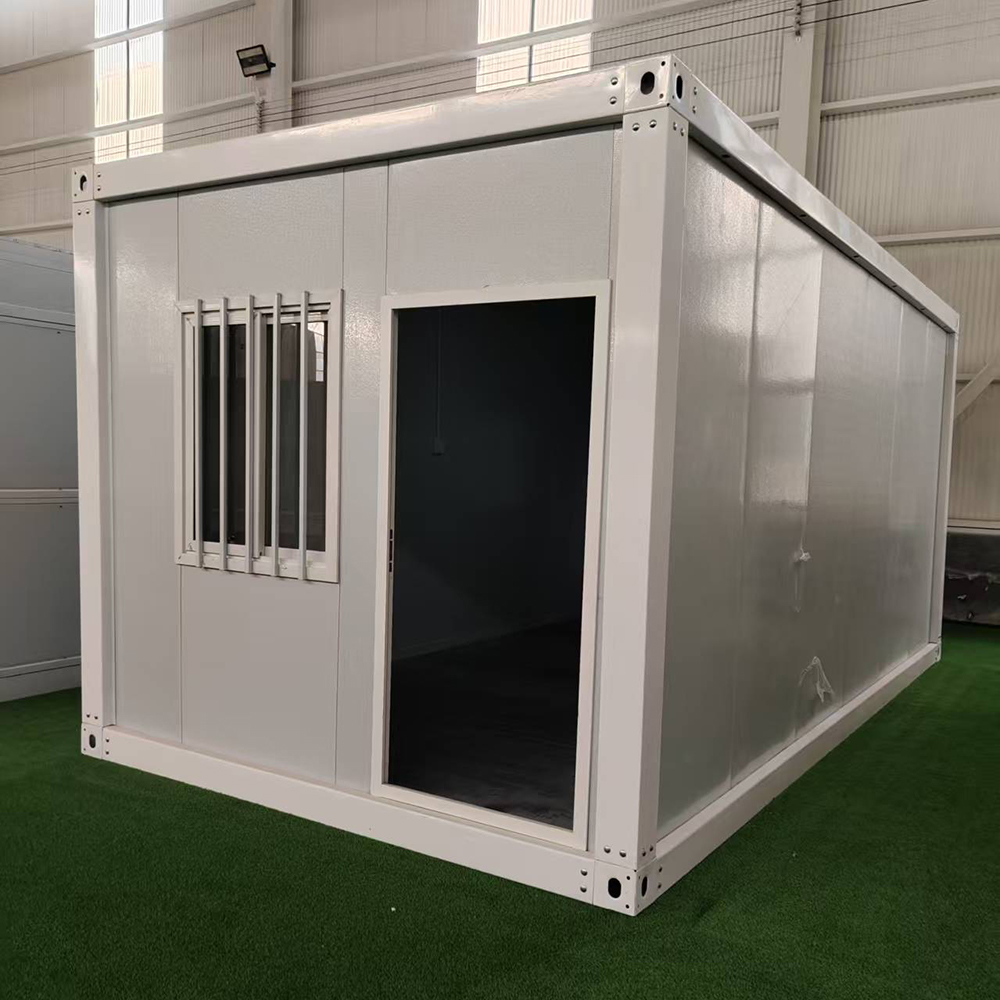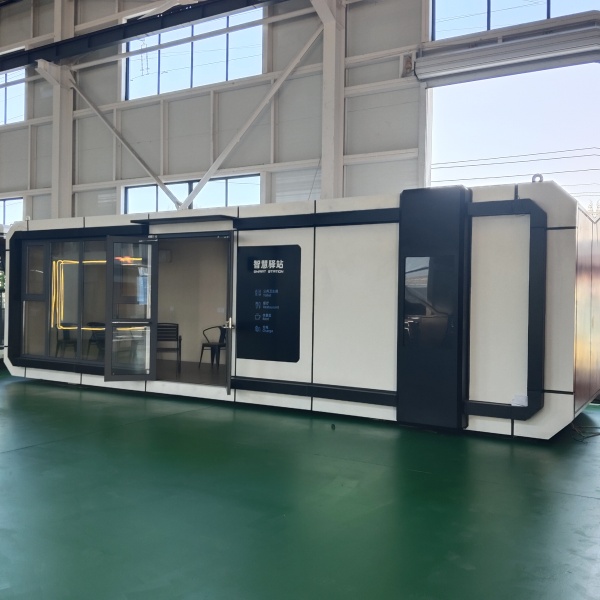-
E-mail
Austin120521@outlook.com -
E-mail
sales@jujiuhouse.com -
Telephone
+86-17864099991 -
Telephone
+86-17854044442
- Chinese
- French
- German
- Portuguese
- Spanish
- Russian
- Japanese
- Korean
- Arabic
- Irish
- Greek
- Turkish
- Italian
- Danish
- Romanian
- Indonesian
- Czech
- Afrikaans
- Swedish
- Polish
- Basque
- Catalan
- Esperanto
- Hindi
- Lao
- Albanian
- Amharic
- Armenian
- Azerbaijani
- Belarusian
- Bengali
- Bosnian
- Bulgarian
- Cebuano
- Chichewa
- Corsican
- Croatian
- Dutch
- Estonian
- Filipino
- Finnish
- Frisian
- Galician
- Georgian
- Gujarati
- Haitian
- Hausa
- Hawaiian
- Hebrew
- Hmong
- Hungarian
- Icelandic
- Igbo
- Javanese
- Kannada
- Kazakh
- Khmer
- Kurdish
- Kyrgyz
- Latin
- Latvian
- Lithuanian
- Luxembou..
- Macedonian
- Malagasy
- Malay
- Malayalam
- Maltese
- Maori
- Marathi
- Mongolian
- Burmese
- Nepali
- Norwegian
- Pashto
- Persian
- Punjabi
- Serbian
- Sesotho
- Sinhala
- Slovak
- Slovenian
- Somali
- Samoan
- Scots Gaelic
- Shona
- Sindhi
- Sundanese
- Swahili
- Tajik
- Tamil
- Telugu
- Thai
- Ukrainian
- Urdu
- Uzbek
- Vietnamese
- Welsh
- Xhosa
- Yiddish
- Yoruba
- Zulu
- Kinyarwanda
- Tatar
- Oriya
- Turkmen
- Uyghur

Buy flat pack expandable modular container house
Exploring the World of Flat Pack Expandable Modular Container Houses
Navigating the realm of buying flat pack expandable modular container houses can seem complex. With numerous options, features, and specifications, making the right choice for your needs requires solid understanding and firsthand insights—something often missed in marketing brochures.
Understanding Flat Pack Houses
Let's start with what a flat pack house actually is. Essentially, these structures are prefabricated units that are delivered in a flat-packed form for easy assembly. They’re designed to be assembled on-site with minimal labor and tools. The beauty of these modular container houses lies in their versatility; whether you need temporary housing, an office space, or even a permanent residence, they’ve got you covered. Yet, people often underestimate the intricacies involved in choosing and installing one.
From my own experience, the allure is undeniable. You receive a package that transforms into a habitable space. But, remember, the devil is in the details. While these units are marketed as 'easy to assemble,' in reality, depending on the supplier, you may encounter complexities. Ensure that your supplier provides clear instructions and, ideally, on-site support. One reliable option is Shandong Jujiu Integrated Housing Co., Ltd.; their website, jujiuhouse.com, offers detailed insights into the manageable process.
In fact, when I collaborated on a project with Shandong Jujiu, their involvement in the entire process—from initial consultation to final assembly—was exemplary. They showed just how important it is to have industry experts guiding you along the way.
The Setup Process
Once you've acquired your container house, the real work begins. Despite their marketed simplicity, assembling these isn't always straightforward. The first hurdle is site preparation. Ensure your selected location is level and ready to accommodate. An oversight here can lead to frustrating reassembly down the line. It’s tedious work, to be honest, but skipping this foundational step can lead to bigger problems.
The initial experience might be daunting without a little mechanical knack. Despite clear instructions, expect to spend a day—two if solo—unpacking, organizing components, and ensuring you have all necessary tools. It’s these preparatory steps that are often oversimplified in ads.
I remember one project where I misjudged the number of volunteers needed, extending the timeline unnecessarily. That's a learning moment you’ll want to avoid by over-preparing, especially if under a time crunch. Trust me, having that extra set of hands can make the world of difference.
Integration and Customization
One aspect often overlooked is customization. Flat pack homes are a blank canvas. You have the freedom to mainline your creativity or stick to minimalistic essentials. Still, adding elements like plumbing, electrical systems, or partitions requires additional planning and sometimes permits depending on your region.
Involving a reliable provider like Shandong Jujiu Integrated Housing Co., Ltd., which offers comprehensive solutions from design to installation, ensures your customizations don't just look good but function seamlessly. Their expertise in integrating various smart options into container houses stands out in the industry. It’s best to keep safety and regulations at the forefront of your plans.
In one instance, adapting a basic structure into a sustainable home was challenging but rewarding. Integrating solar panels cut down energy costs dramatically and highlighted the importance of pre-planning every add-on.
Potential Challenges in the Real World
Dealing with weather-related challenges is another real-world hiccup. Modular structures can be susceptible to environmental conditions if not properly insulated or erected. Choosing the right materials and ensuring a weather-resistant finish is vital. Honestly, it's these finer details that often fall through the cracks in generalized guides.
A mistake in insulation decisions during a project I was involved with increased heating costs unexpectedly. Fixing this wasn't as simple as swapping out panels; it was a costly oversight that we'd hoped to avoid. Such experiences underline the necessity of engaging with companies emphasizing quality construction, like Shandong Jujiu.
Moreover, consider futureproofing your setup. Expandable units offer adaptability, but only if you've planned for how and when to expand. Early foresight can prevent later spatial constraints.
Returning to the Core Appeal
Despite the challenges, the practicality of modular container houses is undeniable. They're economically viable, quick to erect, and customizable. The entire concept revolves around efficiency and utility, especially within tight budgets or timelines. When explored with the right mindset, these structures hold significant potential for modern living solutions.
In summary, undertaking a project with a modular container house is as rewarding as it is challenging. With companies like Shandong Jujiu Integrated Housing Co., Ltd. offering scalable solutions and expertise, you position yourself for success. Just ensure every decision is well-informed and consider leaning on professional guidance—experience really does change the narrative.
So, if you’re considering stepping into this world, keep these insights in mind and embrace both the simplicity and complexity of the journey. With the right preparation, your modular home adventure can be as fulfilling as it is transformative.
Related products
Related products
Best selling products
Best selling products-
 High-quality Double-wing Folding Container House with Doors and Windows, Insulated Walls, Suitable for Various Scenarios.
High-quality Double-wing Folding Container House with Doors and Windows, Insulated Walls, Suitable for Various Scenarios. -
 Luxury Foldable Two Story Container House for Glamping Resort and Villa Hotel
Luxury Foldable Two Story Container House for Glamping Resort and Villa Hotel -
 The foldable container house with side wing design can be quickly set up and is suitable for various environments.
The foldable container house with side wing design can be quickly set up and is suitable for various environments. -
 Factory Direct Sales Office Folding Container Luxury House Living Container House
Factory Direct Sales Office Folding Container Luxury House Living Container House -
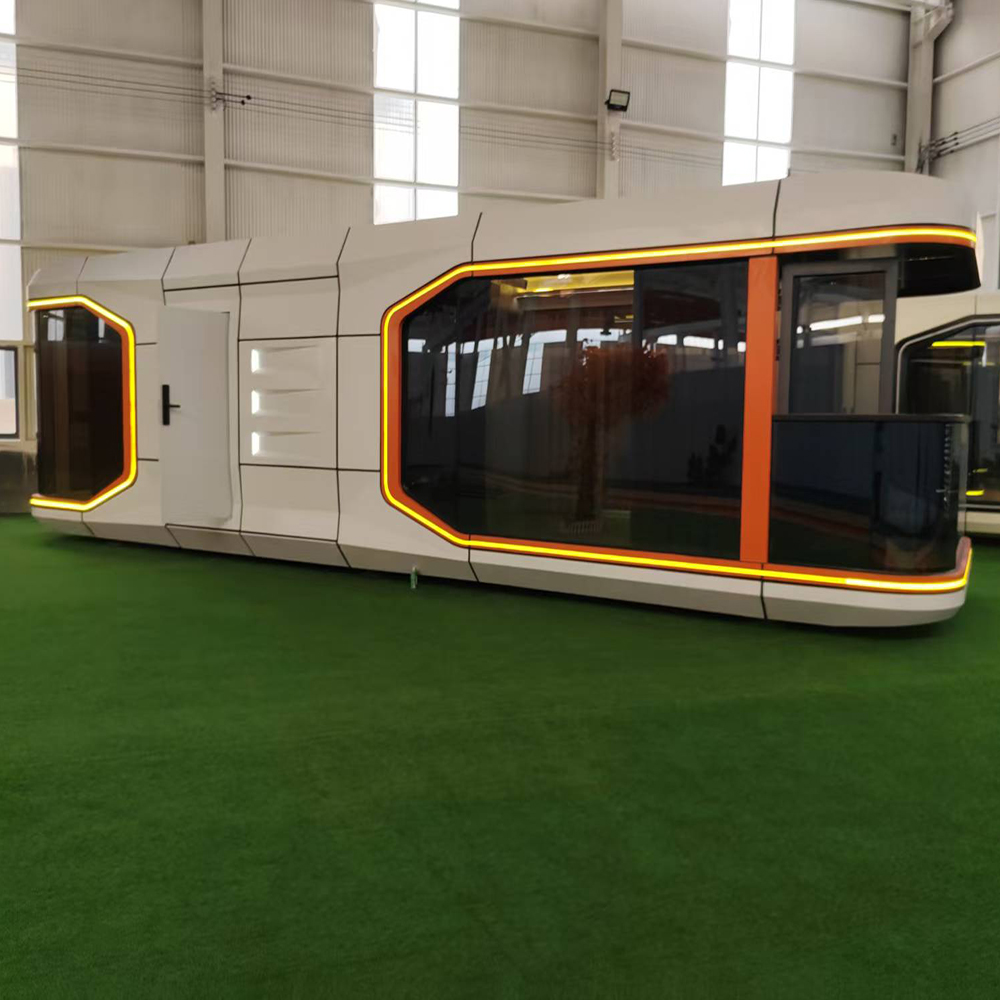 Standard Modern Camping Pod Space Prefabricated Portable Mobile Capsule Room Hotel Bathroom Prefabricated Spaceship House
Standard Modern Camping Pod Space Prefabricated Portable Mobile Capsule Room Hotel Bathroom Prefabricated Spaceship House -
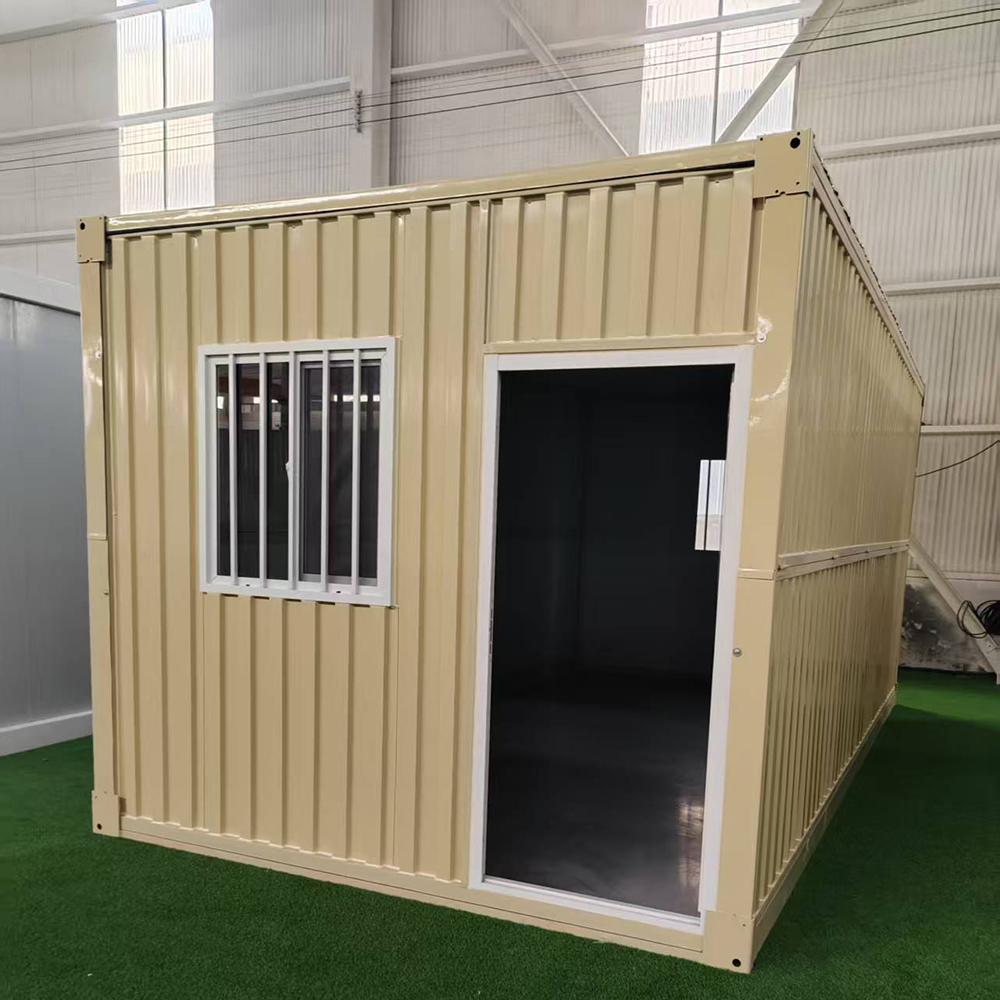 Competitive Price Portable Container House Foldable Container Mobile Living Modular Homes
Competitive Price Portable Container House Foldable Container Mobile Living Modular Homes -
 A container house with a terrace and double-wing folding design, suitable for various purposes such as offices, meeting rooms, living rooms, etc.
A container house with a terrace and double-wing folding design, suitable for various purposes such as offices, meeting rooms, living rooms, etc. -
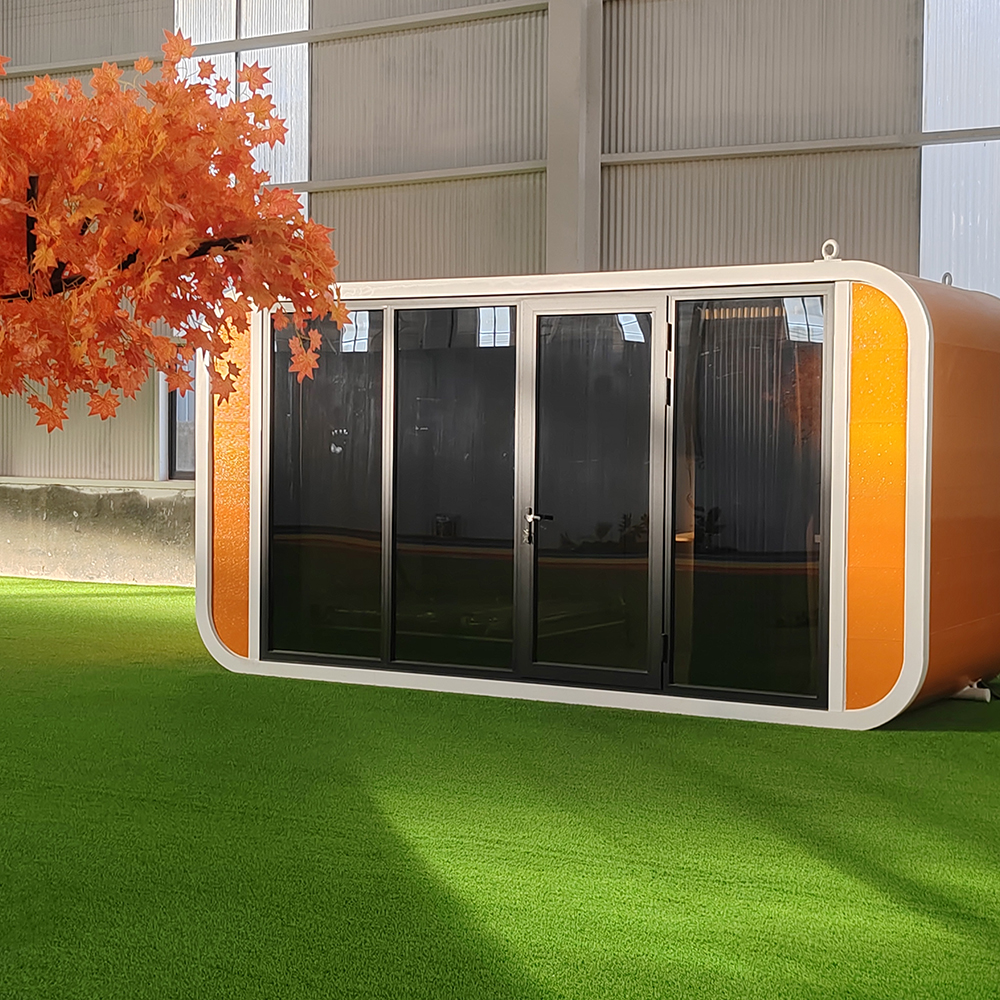 Luxury Prefabricated Living Container House Modular Glass Tiny House Prefab Container Home Apple Cabin
Luxury Prefabricated Living Container House Modular Glass Tiny House Prefab Container Home Apple Cabin -
 Dual-Wing Folding Container House: Fast Assembly, Space-Saving & Multi-Scene Adaptable
Dual-Wing Folding Container House: Fast Assembly, Space-Saving & Multi-Scene Adaptable -
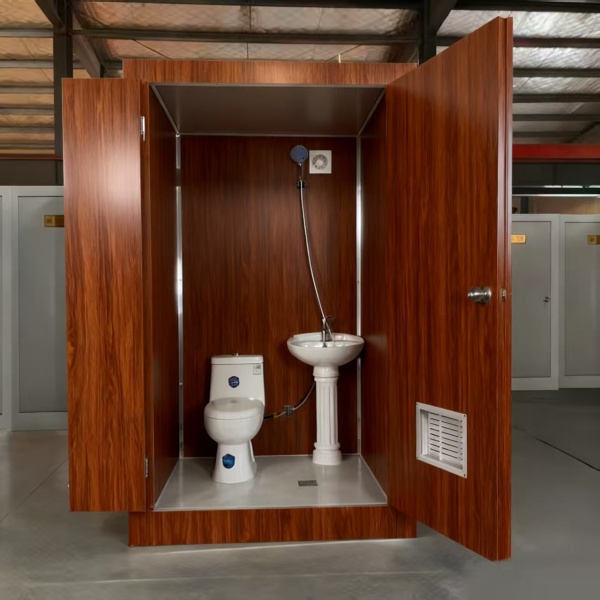 Portable outdoor camping bathroom, mobile toilet, prefabricated modular villa & rental of outdoor and indoor showers
Portable outdoor camping bathroom, mobile toilet, prefabricated modular villa & rental of outdoor and indoor showers -
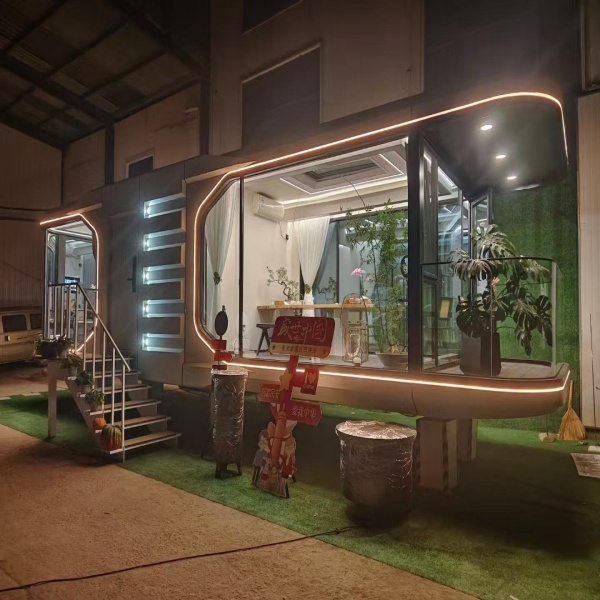 Outdoor ecological capsule rooms, luxury pods, space capsule hotel rooms, prefabricated space capsules, container houses
Outdoor ecological capsule rooms, luxury pods, space capsule hotel rooms, prefabricated space capsules, container houses -
 Detachable Design Prefabricated Container House Portable Modular Office Building Folding Container House
Detachable Design Prefabricated Container House Portable Modular Office Building Folding Container House
Related search
Related search- expandable folding house
- Buy modular fold out homes
- homes that fold out
- wholesale expandable container house 40ft luxury
- China folding container house usa
- Buy folding prefabricated house
- prefabricated modular container house
- Folding house
- cheap wholesale price expandable house container
- expandable prefab container house









